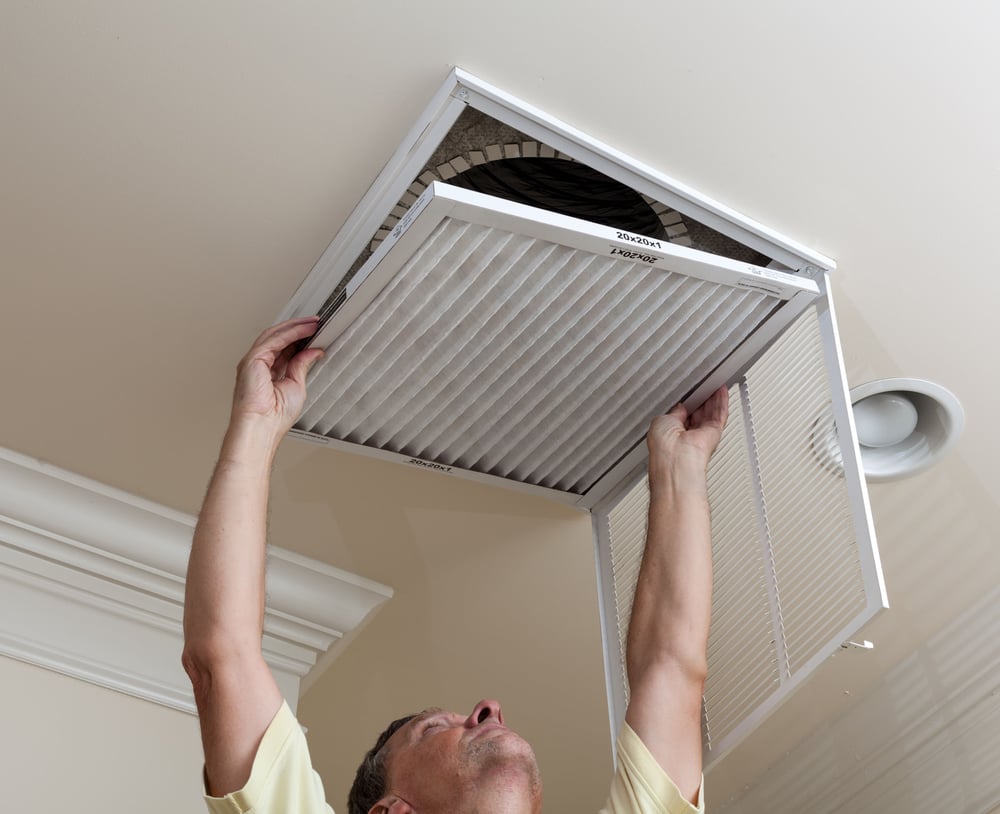The pandemic we’ve been living through for the last two years has highlighted the importance of air quality not only from the perspective of possible virus transmission but also related to how high air quality matters for immunity and mental health. As a facility manager, you’re always on the lookout for new ways to improve the environment where your residents live and team members work, so considering different options to improve air quality is essential.
Whether upgrading an old system to the newest technology or evaluating the effectiveness of your current HVAC system, there are multiple ways that facilities can improve air quality to maximize staff and resident health and safety.
You’re Not Alone: Common Air Quality Challenges in Senior Care Facilities
Unfortunately, the typical layout of a senior care facility is predisposed to air quality issues, such as poor ventilation, poor air circulation, and the spread of pollutants in the air. Besides, the fact that residents live so close to each other, paired with the presence of visitors from the outside community makes it even more difficult to keep track of what’s happening to the air inside the buildings. One of the most important things is making sure that HVAC filters are changed consistently, but the first thing you should focus on is monitoring your air quality.
How to Improve Your Facility’s Air Quality
To improve air quality and help to prevent any virus or mould transmission, facilities should focus on maintaining proper ventilation with plenty of fresh air. Besides, it’s important to keep temperature and humidity levels within a certain range since it’s proved to be effective in terms of supporting residents’ health and preventing virus transmission. You can do that with one of the Maintenance Care integrations: Wireless Sensors. Another easy fix is to install HEPA filters.
Red flags pointing to issues with air quality: complaints from residents and team members of odd smells, headaches, afternoon tiredness; corrosion on surfaces and mould and mildews.
What Facility Managers Can Do to Improve Air Quality
If there’s an issue with the air quality that has led to some health problems reported by residents or workers, here’s what senior care facility managers should do:
- Be open and respond immediately when resident health concerns are reported.
- Log all complaints or issue reports.
- Gather required information about each complaint.
- Identify resources for response (materials, staffing, etc.)
- Provide feedback to the residents regarding the complaint and response actions.
- Follow-up to ensure that the actions taken have been effective.
Remember about preventive HVAC maintenance. It’s important to use the most efficient filters on the market that can supply required air flow to the buildings. Besides, you can add a note or a task to your preventive maintenance checklist to ensure that filters are installed correctly, that they are the right size, and that they are seated in the filter rack properly. Apart from that, you should regularly inspect outdoor air intakes and building exhaust fans to make sure they are all working properly.
Improving air quality requires diligence, financial investment, and team effort. However, it can result in improved health and wellness for everyone who spends time in the building. A fully featured CMMS solution, such as Maintenance Care, can help you with scheduling preventive HVAC maintenance tasks, keeping track of all the records and reports. What’s more, our integrated sensors can help you make step further to creating the safest and most optimized facility. Contact us today to learn more!










